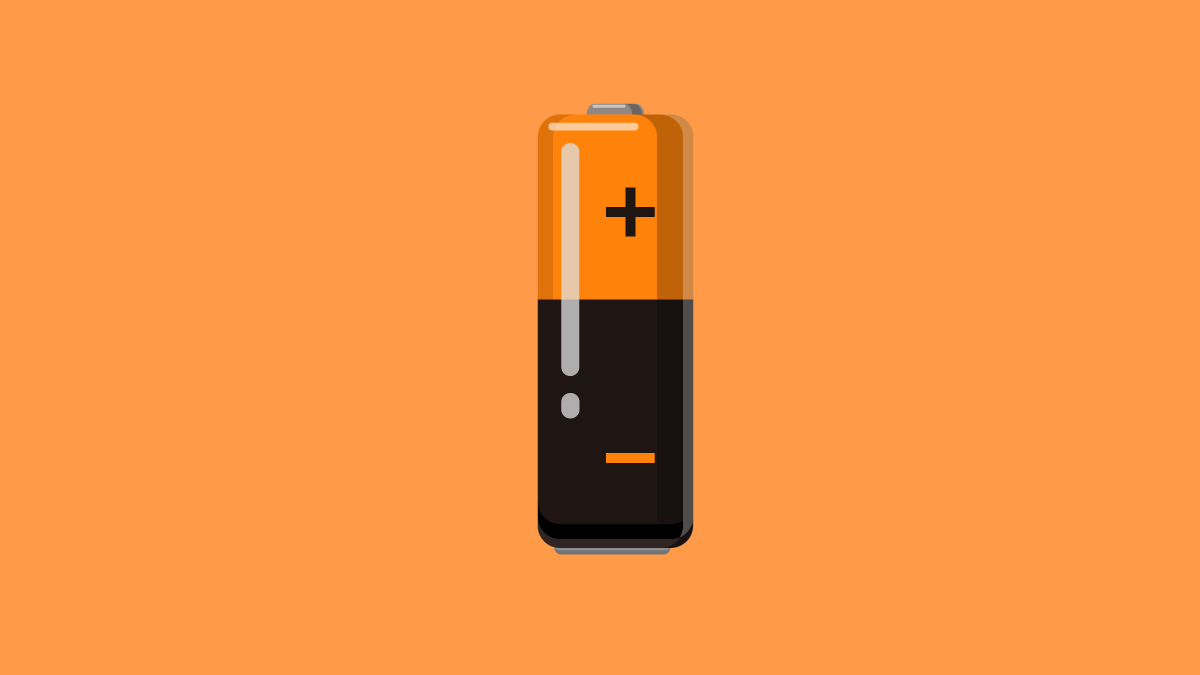Rechargeable batteries are nothing new but their use is increasing every day. Today you will find them in everything from your laptop to electric vehicles.
But how do you prolong their life cycle?
That is a question everyone should ask. Or at least anyone dealing with batteries on a daily basis.
After all, what is the point of rechargeable batteries if they die on you much sooner than their expected life cycle.
In this article, we will take a look at the methods you can employ to maximize the life of your battery so that you squeeze as much use out of them as you possibly can.
Ready to talk some chemistry?
General battery mistakes that contribute to their early failure
Depending on your battery chemistry, there are various ways to lengthen their lifespan. But without getting too technical let’s see what are some things you can avoid doing and benefit from regardless of your battery chemistry composition.
Most of you have had some experience with either NiMH, NiCad, Li-ion, Li-Po or even LiFePO4 batteries. These are a usual composition of many battery forms from regular household batteries like AA or AAA to some more special use batteries like Li-Po that you will find in RC cars for example.
1. Don’t deplete your whole battery
There is this thing called voltage and as your battery gets more and more depleted by use, the voltage of it will drop as well. For example, if you are using a li-ion battery in a flashlight the nominal voltage will be 3.6V, the fully charged battery will be 4.2V while a completely empty cell will measure at 2.5V.
You should never let your battery drop below 3V in that example. This goes for pretty much any battery chemistry.
Generally speaking, you should avoid depleting the whole battery whenever it is possible. Some devices have protections in place to avoid this from happening but with others, you will just have to use your best judgment and put the battery to recharge before it is completely empty.
2. Avoid extreme heats and cold temperatures
Generally speaking, no battery loves extreme temperatures. Some chemistries are more resistant than others but if you want your battery to last longer then you should use them at room temperature.
Don’t use the device if it is overheating causing the battery to overheat too. This will, in time, result in capacity loss and eventually the total battery failure.
Some devices like laptops will benefit greatly if you use a cooling pad to help dissipate the heat output. That way their Li-ion battery will not be exposed to too much heat and will therefore last longer.
This goes for regular AA batteries too. NiMH don’t like heat either so keep them away from hot ambient temperatures.
Additionally, don’t recharge the batteries in highly heated ambient temperatures. Don’t use a poor battery charger that will heat them up too much for no reason. Whenever the battery heats up its lifespan is lost by a little. Add it up and they will die sooner than they should.
3. Charge your battery will lower current
If you must use a fast charger then go right ahead. Just know that this is also a contributing factor to the death of the battery.
According to techmoment.net , using a lower charging current than what the battery charging is rated at will greatly prolong their life span. For example, if your battery is rated to be charged at 2A that means that it can handle that load but not that it is necessary. If you charge with 0.5A for example you will not stress the battery at any significant level because it is rated at much higher load endurance.
You will have to wait longer for the battery to charge but this will help a lot in keeping the battery alive longer. Additionally, using a lower current will reduce the heat generated in the battery due to the internal resistance helping your battery even further.
4. Store the battery with half the charge
If you must store your batteries for later use in the distant future you should store them at about 50% of their charge capacity. Also, store them in a cooler area.
This will also help a lot in lengthening their span.
Conclusion
Hopefully, you learned something new today. Batteries are very complex. Voltages, amperages, wattage, capacities, hundreds of different chemistries, formats, sizes.. Dear lord.. And on top of all that, they can lose a significant chunk of their rated capacity that you bought with your hard earned money just because you mishandled them.
That should be avoided and if you follow the steps outlined above pretty much any battery type will be grateful and will serve you well for most of their rated life cycle.

